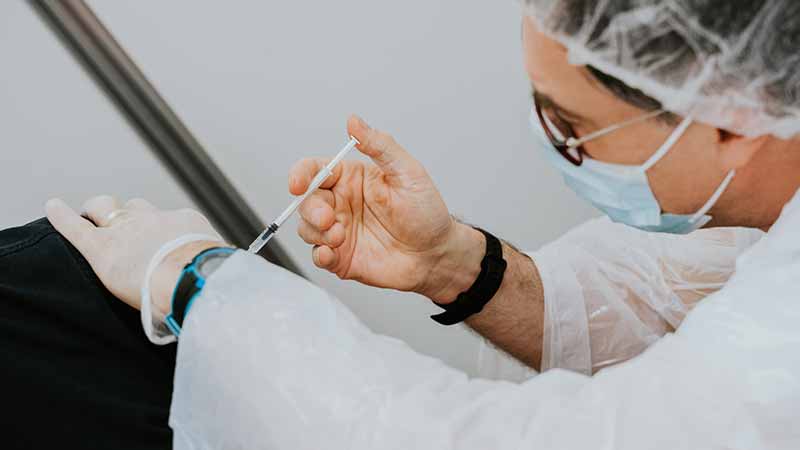Professor Linda King’s pioneering research has fuelled important changes in the world of vaccine and drug development. The new technology that she developed with colleague Robert Possee led to a spin-out company which is a world-renowned centre of excellence, enabling leading biomedical companies and research institutions to advance their work.
Linda’s area of expertise - baculoviruses - and their role in producing special proteins, resulted in the development of a one-step kit which could be used for gene expression, a key part of developing new drugs and vaccines. The kit simplified what used to be a lengthy process requiring specialist skills, speeding up product development by boosting the quality and yield of proteins produced.


